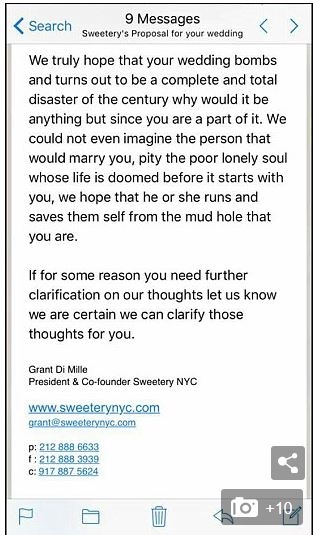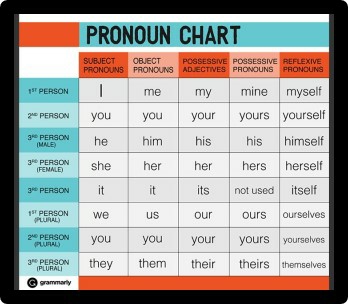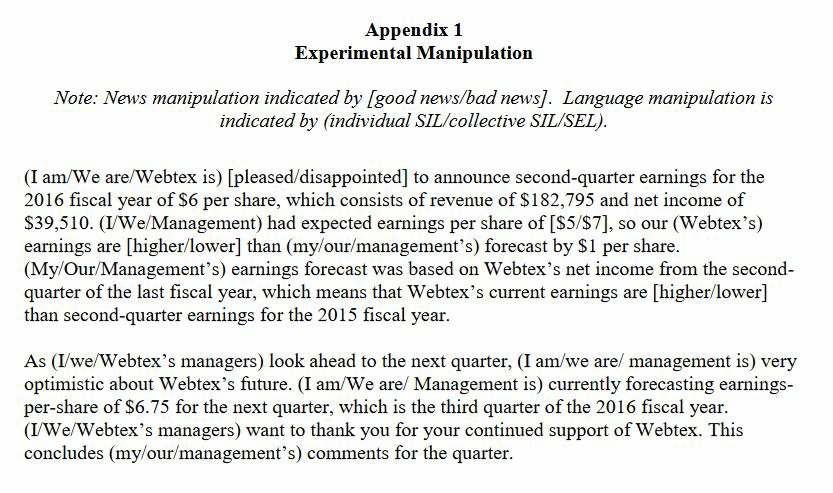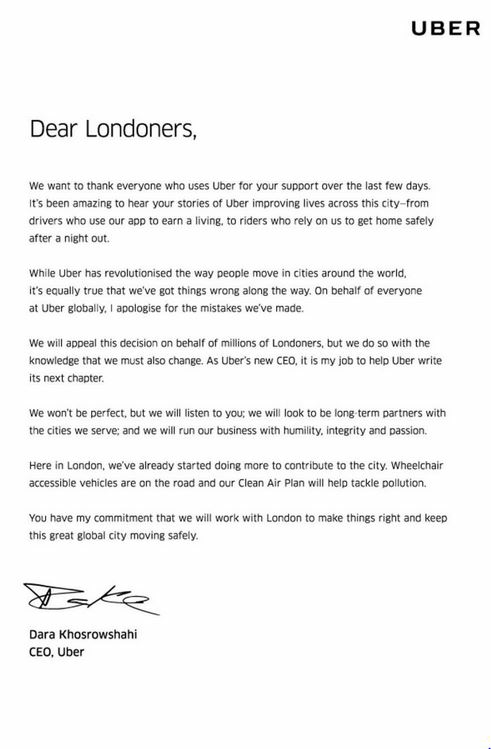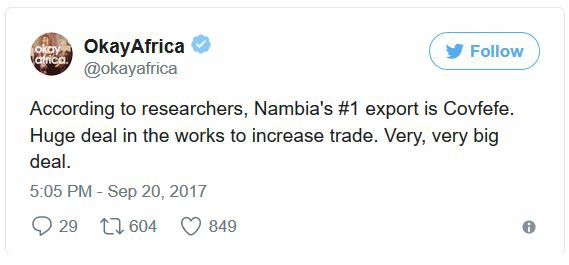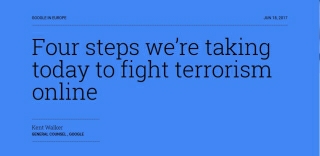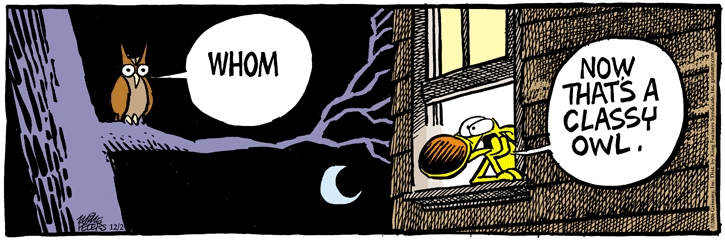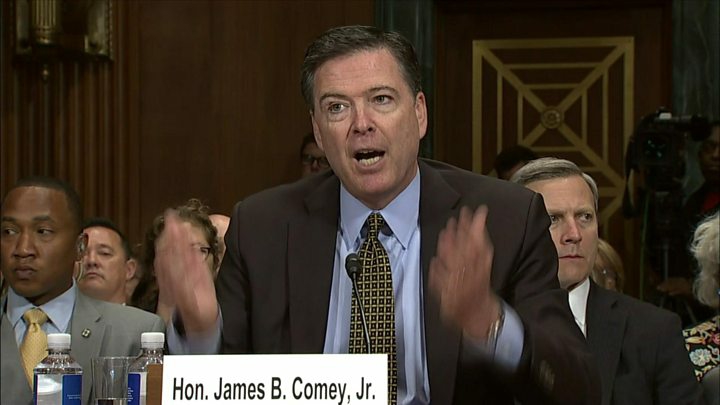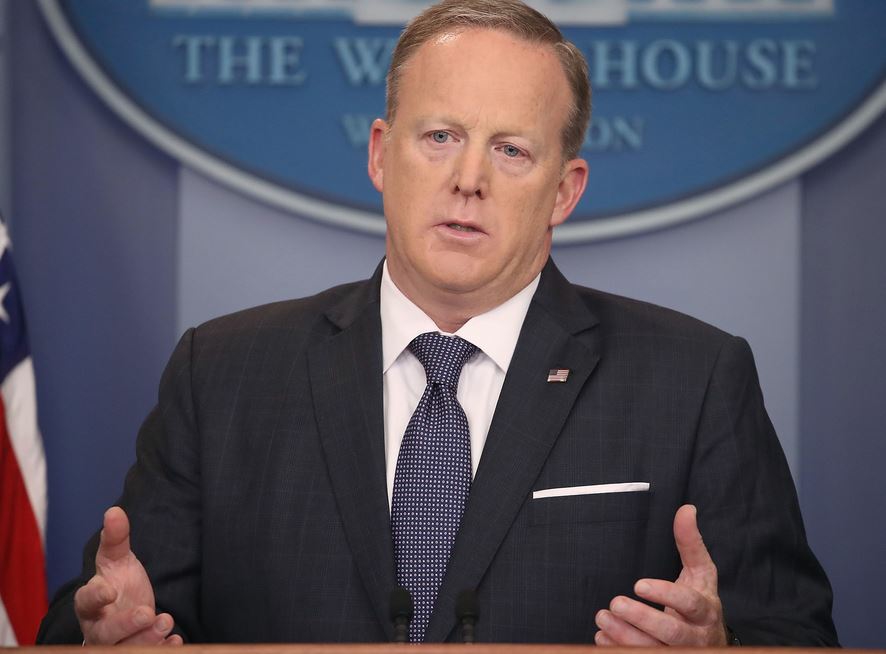 The NBA is speaking out about the controversy over whether players can "take a knee"-or kneel-during the national anthem, which NFL players have been criticized for doing. In a memo from deputy commissioner Mark Tatum, the message is loud and clear-but hidden towards the end:
The NBA is speaking out about the controversy over whether players can "take a knee"-or kneel-during the national anthem, which NFL players have been criticized for doing. In a memo from deputy commissioner Mark Tatum, the message is loud and clear-but hidden towards the end:
"...players, coaches and trainers stand respectfully for the anthem. The league office will determine how to deal with any possible instance in which a player, coach or trainer does not stand for the anthem. (Teams do not have the discretion to waive this rule)."
Most of the memo avoids the issue entirely and instead encourages players to continue to be active within the community.
TO: NBA BOARD OF GOVERNORS, TEAM PRESIDENTS,GENERAL MANAGERS
FROM: MARK TATUM, DEPUTY COMMISSIONER &CHIEF OPERATING OFFICER
CC: LEAGUE OFFICE
DATE: SEPTEMBER 29, 2017
RE: NEXT STEPS: BUILDING STRONGER, SAFER COMMUNITIES
As a follow-up to our discussions at this week's Board of Governors meetings, this document outlines suggested steps each team could take as we prepare for the start of the season and continue to develop impactful community programs.
I. ENGAGING PLAYERS AND SENIOR LEADERSHIP
If you have not done so already, we suggest organizing discussions between players, coaches, general managers and ownership to hear the players' perspectives.
One approach would be for team leadership to review existing team and league initiatives and encourage players to share their thoughts and ideas about them. Following those conversations, teams could develop plans prior to the start of the regular season for initiatives that players and senior leadership could participate in, such as:
- Hosting Community Conversations with youth, parents, community leaders and law enforcement about the challenges we face and our shared responsibility to create positive change.
- Creating "Building Bridges Through Basketball" programs that use the game of basketball to bring people together and deepen important bonds of trust and respect between young people, mentors, community leaders, law enforcement and other first responders.
- Highlighting the importance of mentoring with the goal of adding 50,000 new mentors to support young people through our PSA campaign.
- Engaging thought leaders and partners. A variety of experts, speakers and partner organizations are available to players and teams as you continue these conversations and develop programming.
- Establishing new and/or enhancing ongoing team initiatives and partnerships in the areas of criminal justice reform, economic empowerment and civic engagement.
II. OPENING WEEK
As we approach opening week, each team could explore ways to use their first home game as an opportunity to demonstrate your commitment to the NBA's core values of equality, diversity, inclusion and serve as a unifying force in the community, including:
- A joint address to fans featuring a player or coach prior to the National Anthem. This could include a message of unity and how the team is committed to bringing the community together this season.
- A video tribute or PSA featuring players, community leaders, faith leaders and team leadership speaking about the issues they care about and photos from past community events.
III. KEY MESSAGES
- These are difficult and nuanced issues.
- We support and encourage players to express their views on matters that are important to them.
- The NBA has a rule that players, coaches and trainers stand respectfully for the anthem. The league office will determine how to deal with any possible instance in which a player, coach or trainer does not stand for the anthem. (Teams do not have the discretion to waive this rule).
- Our team's focus remains on unity and collective action that leads to meaningful change in society. The players have embraced their roles in those efforts and we are proud of the work they do in our communities.
- We believe sports are a unifier and this is an opportunity for the NBA to once again lead by its core values of equality, inclusion and unity and to bridge divides and bring people together.
In a video statement, NBA commissioner Adam Silver echoed Tatum's memo. Silver said he expected players to follow the league's rules of standing for the anthem. Although he encouraged freedom of expression, he also said, "It's my hope that our players will continue to use that as a moment of unity."
A writer for Yahoo sports argues that players should be able to take a knee. Part of his argument follows:
Let's be clear: Athletes are not possibly putting their careers at risk, opening themselves up to jeering fans in arenas and on social media, because they are anti-national anthem, anti-flag, anti-America, anti-military or any other "anti" that has been used to diffuse any honest discourse. That those arguments have distracted from the true purpose of this activism only goes to show why it is necessary. Change won't come if no one listens. It certainly won't come if a league that presents itself as progressive and forward-thinking discourages civil methods used to bring about awareness.
Image source.
Discussion:
- Analyze the NBA memo against principles of business writing. Who are the primary and secondary audiences? What are Tatum's objectives? How does he organize the memo?
- How well does the memo capture the league's perspective? How do you think players might have reacted?
- Analyze Michael Lee's argument in the Yahoo article. What are his strongest and weakest arguments?


